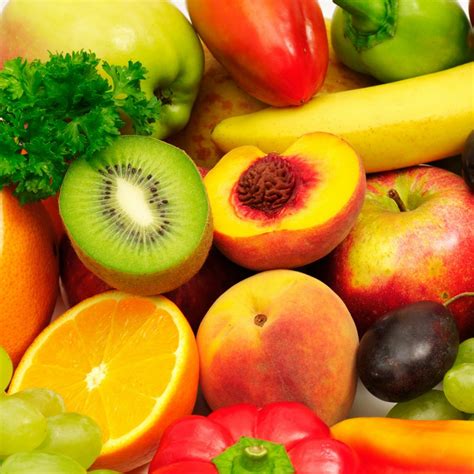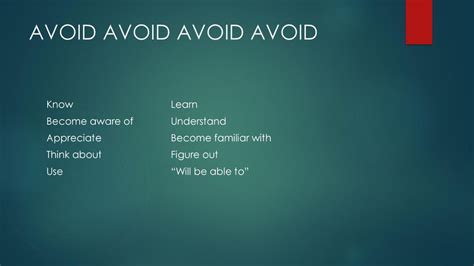How can I optimize my daily diet for peak energy and testosterone?

Optimizing your daily diet is a powerful and natural way to significantly impact both your energy levels and testosterone production. These two aspects of male health are deeply intertwined, with proper nutrition acting as a fundamental pillar for their support. By making informed food choices, you can fuel your body for sustained energy throughout the day while simultaneously providing the building blocks and regulatory signals necessary for healthy hormone synthesis.
Understanding the Dietary Link to Energy and Testosterone
Testosterone, the primary male sex hormone, plays a crucial role in maintaining energy, muscle mass, bone density, mood, and libido. Low testosterone can manifest as fatigue, reduced stamina, and decreased vitality. Similarly, a diet lacking essential nutrients or overloaded with processed foods can lead to energy crashes, brain fog, and undermine hormonal balance. The good news is that strategic dietary adjustments can foster an environment conducive to both peak energy and optimal testosterone levels.

Foundational Principles for Optimal Nutrition
1. Prioritize Macronutrient Balance
A balanced intake of proteins, carbohydrates, and fats is non-negotiable. Each plays a distinct role in energy production and hormone regulation.
- Healthy Fats: Crucial for hormone production, especially cholesterol, which is a precursor to testosterone. Focus on monounsaturated and polyunsaturated fats.
- Lean Proteins: Essential for muscle repair, growth, and the synthesis of enzymes and hormones. They also provide sustained energy without sharp insulin spikes.
- Complex Carbohydrates: Your body’s primary energy source. Choose whole grains, fruits, and vegetables for steady energy and fiber, avoiding the energy rollercoaster of refined sugars.
2. Micronutrient Powerhouses
Specific vitamins and minerals are critical for testosterone synthesis and overall energy metabolism.
- Vitamin D: Often called the “sunshine vitamin,” Vitamin D is strongly linked to testosterone levels. Look for fatty fish, fortified foods, or safe sun exposure.
- Zinc: A key mineral involved in countless bodily functions, including testosterone production. Oysters, red meat, and pumpkin seeds are excellent sources.
- Magnesium: Contributes to muscle function, nerve function, blood sugar control, and also plays a role in testosterone. Dark leafy greens, nuts, and seeds are rich in magnesium.
- B Vitamins: Essential for energy production at a cellular level. Whole grains, lean meats, and leafy greens are good sources.

Foods to Embrace for Peak Performance
- Fatty Fish (Salmon, Mackerel): Rich in Omega-3 fatty acids and Vitamin D, supporting heart health and hormone balance.
- Leafy Green Vegetables (Spinach, Kale): Packed with magnesium, zinc, and other vital nutrients, they help reduce inflammation and improve overall health.
- Cruciferous Vegetables (Broccoli, Cauliflower): Contain compounds that help metabolize estrogen, indirectly supporting higher testosterone levels.
- Nuts and Seeds (Almonds, Walnuts, Pumpkin Seeds): Excellent sources of healthy fats, zinc, magnesium, and antioxidants.
- Eggs: A complete protein source, rich in Vitamin D, healthy fats, and cholesterol, all beneficial for testosterone.
- Berries and Citrus Fruits: High in antioxidants and Vitamin C, which support immune function and reduce oxidative stress.
- Lean Red Meat: A good source of protein, iron, and zinc. Opt for leaner cuts and consume in moderation.

Foods to Limit or Avoid
Just as important as what you eat is what you don’t. Certain foods can actively hinder energy levels and disrupt hormone balance.
- Processed Foods and Sugary Drinks: Lead to energy spikes followed by crashes, contribute to inflammation, and can negatively impact insulin sensitivity, which is linked to lower testosterone.
- Excessive Alcohol: Can increase cortisol (stress hormone) and estrogen, while potentially reducing testosterone production.
- Trans Fats and Unhealthy Saturated Fats: Found in many fried foods and baked goods, these can contribute to inflammation and cardiovascular issues, indirectly affecting hormonal health.
- Soy Products (in excess): While generally healthy, high consumption of soy in some individuals might lead to phytoestrogen intake that could potentially interfere with testosterone levels, though research is mixed and individual responses vary.

Hydration and Meal Timing
Don’t underestimate the power of water. Dehydration can lead to fatigue and impair metabolic functions. Aim for consistent water intake throughout the day. Regarding meal timing, distributing your food intake evenly across 3-5 meals can help maintain stable blood sugar levels, providing a steady supply of energy and preventing the dips that often lead to poor food choices.

Conclusion: A Holistic Approach
Optimizing your daily diet for peak energy and testosterone is a journey that involves consistent, mindful choices. By prioritizing nutrient-dense whole foods, balancing your macronutrients, and ensuring adequate micronutrient intake, you can naturally enhance your vitality and support robust hormonal health. Remember that diet is one piece of the puzzle; combine these nutritional strategies with regular exercise, adequate sleep, and stress management for the most profound and lasting results.








